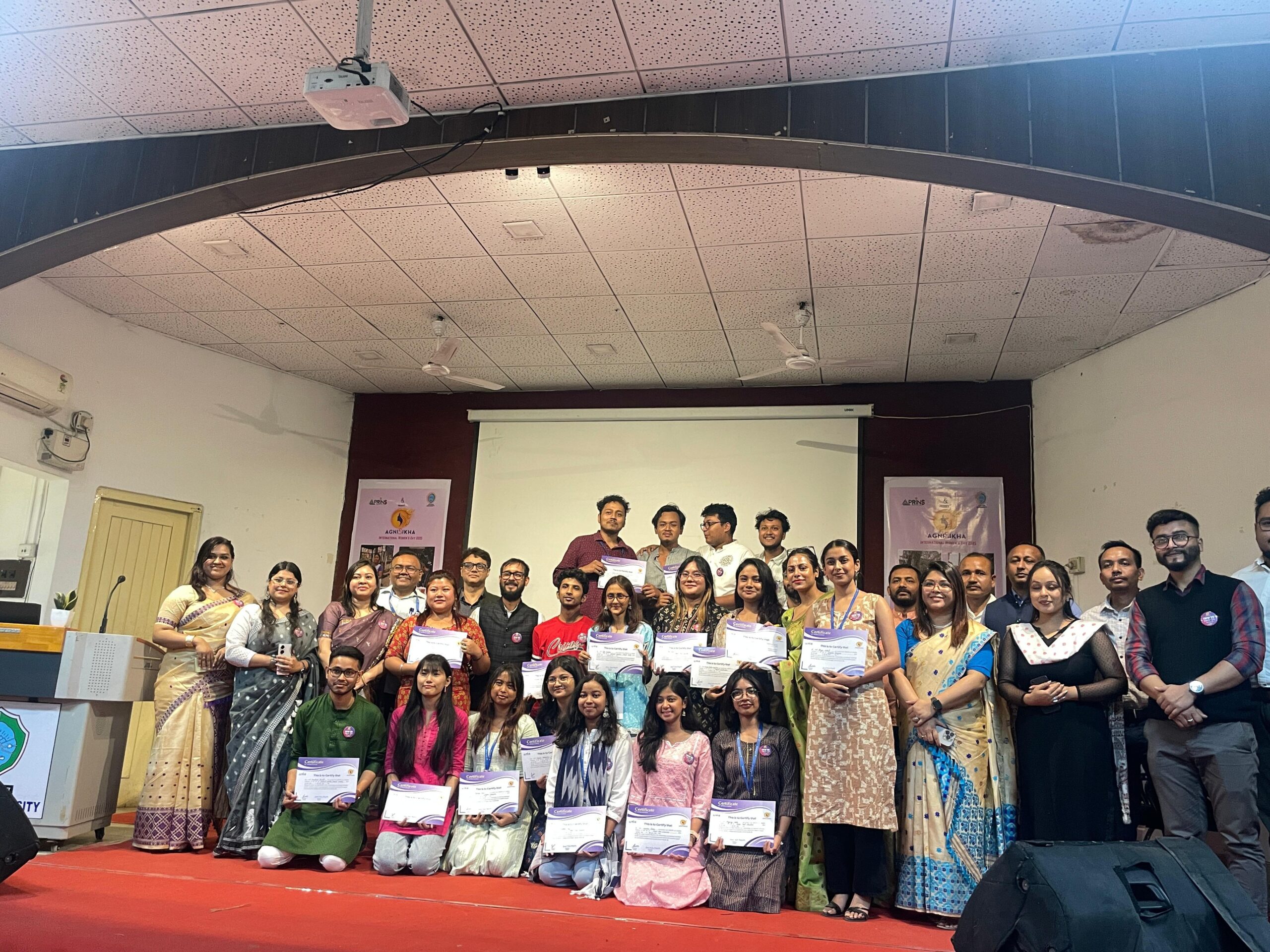Gender Parity

Our commitment to gender equality manifests through these strategic initiatives:

Women-Centric Enterprise Development
Within our Livelihood and Enterprise Development Programmes in Karbi Anglong, Lakhimpur, and Dhemaji, we have prioritized women’s participation in food processing, broom making, and dairy processing initiatives. These sectors leverage women’s traditional skills while creating new economic opportunities that enhance household income and decision-making power.
Equitable Representation in Producer Organizations
Across our 50 Farmer Producer Organizations and 69 Fishery FPOs, we ensure meaningful representation of women in leadership positions. This structural approach ensures women’s voices influence organizational decisions and benefit-sharing mechanisms, creating models of inclusive governance.


Gender-Responsive Skill Development
Our skill development and placement programs actively recruit and support women participants, particularly in Tinsukia, Dibrugarh, and Sivasagar. By focusing on both traditional and emerging sectors, we create diverse pathways for women’s economic advancement while challenging occupational segregation.
Handloom Sector Revitalization
Our handloom cluster development initiative in Dibrugarh acknowledges and builds upon women’s traditional roles in the textile sector. By modernizing production methods, introducing design innovations, and creating market linkages, we transform this traditional skill into a viable livelihood that enhances women’s economic status.


Leadership Development
Our capacity building programs incorporate specific components on leadership development for women, enabling them to assume greater responsibilities within community institutions and producer organizations. This approach ensures sustainability by creating a cadre of women leaders who can drive ongoing development.
Inclusive Program Design
From project inception through implementation, our interventions are designed with gender-responsive mechanisms that address women’s specific constraints, including time poverty, mobility restrictions, and access to resources.

